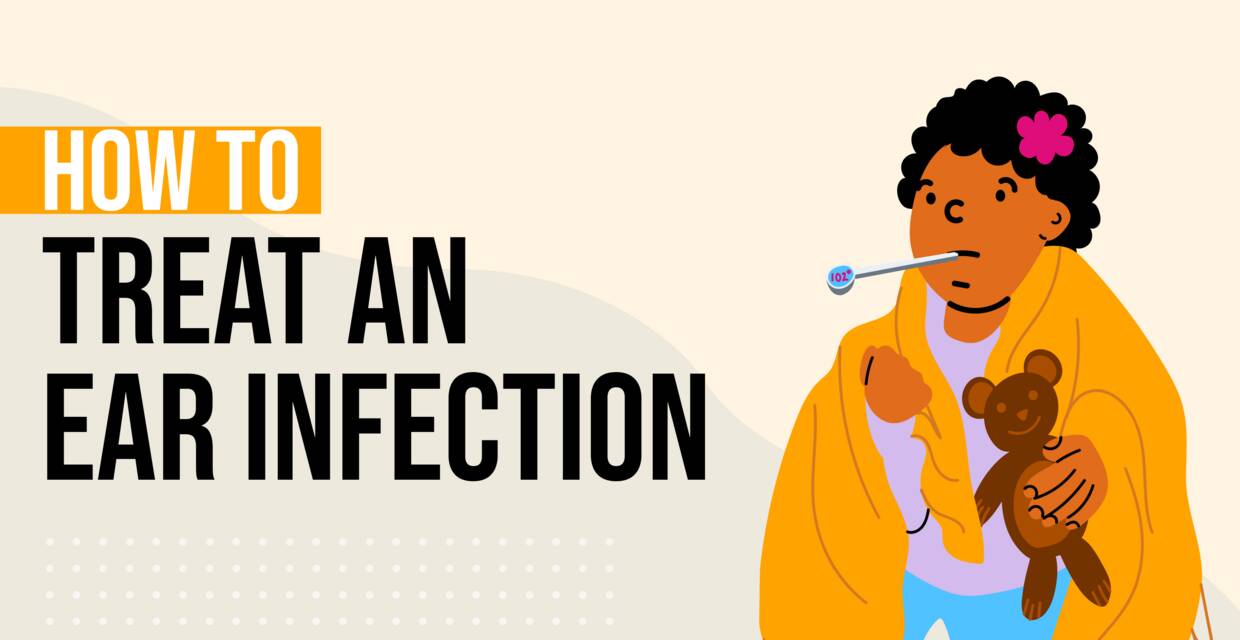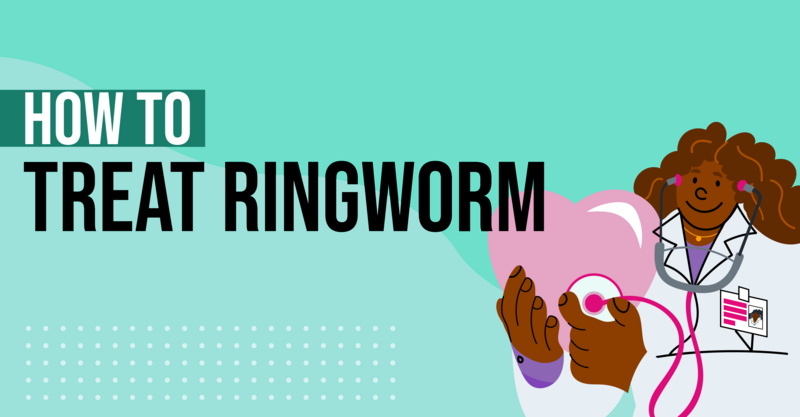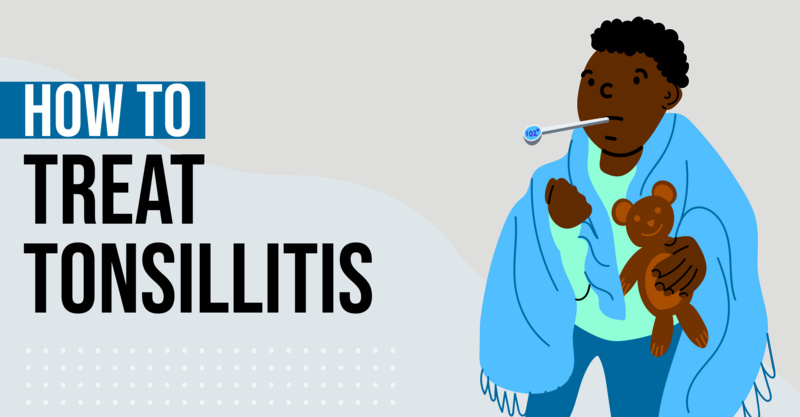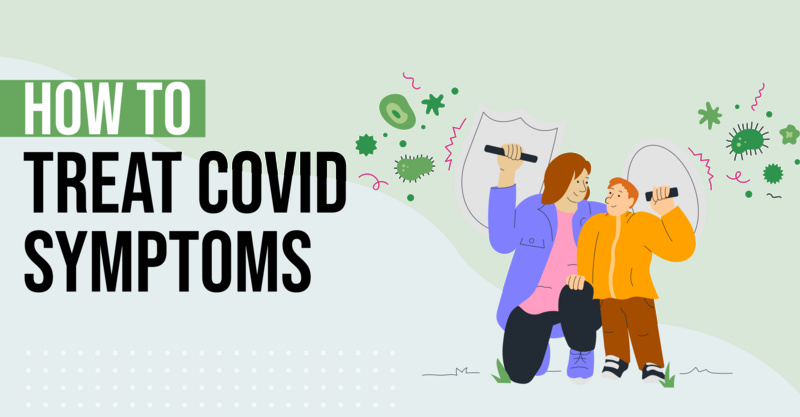Key Points
- Ear infections, prevalent in children but also affecting adults, are caused by inflammation or infection in the middle ear, often due to bacteria or viruses obstructing the eustachian tube.
- Symptoms of an ear infection include ear pain, fever, headache, difficulty hearing, and fluid drainage, with risk factors such as age, allergies, exposure to smoke, cold or flu, and altitude changes.
- Home remedies like warm compresses, over-the-counter pain relievers, ear drops, hydrogen peroxide, chewing gum, sleeping upright, and olive oil can provide relief.
- Severe symptoms or symptoms not improving or worsening within 24 to 48 hours, especially in children under 2 years or anyone with high or persistent fever, require immediate medical attention.
- Prevention of ear infections involves maintaining a healthy lifestyle, using earplugs or a swim cap, drying ears thoroughly after swimming, avoiding ear injury, and avoiding smoke and air pollution.
Ear infections are a common condition for young children, but adults can get them too! Whether it’s you or your child—an ear infection can be miserable for the whole family. Ear pain and dizziness can cause quite a disruption in daily activities, and severe ear infections can even lead to hearing damage. Recognizing the symptoms of an ear infection, knowing how to treat one, and when to see a doctor are all important for getting well and protecting your hearing health.
What is an Ear Infection?
Ear infections occur when there is an inflammation or infection in the middle ear, according to the Mayo Clinic. They note that the most common cause of ear infections is bacteria or viruses that can cause a blockage or inflammation of the eustachian tube (this tube connects the middle ear to the back of the throat and helps to regulate air pressure).
Symptoms of an ear infection can include ear pain, fever, headache, difficulty hearing, and fluid drainage from the ear, according to the Mayo Clinic. In some cases, an ear infection can also cause dizziness and nausea.
Several risk factors can increase your chances of getting an ear infection, according to the Mayo Clinic. These risk factors include:
- Age (children are more prone to ear infections due to a shorter eustachian tube, according to the Mayo Clinic)
- Allergies
- Exposure to cigarette smoke
- Cold or flu
- Changes in altitude (such as flying or scuba diving)
9 Ways to Care for an Ear Infection at Home
If you or your child is experiencing an ear infection, there are several things you can do at home that may help relieve pain and discomfort—here are some options to consider:
1. Warm Compress
Applying a warm compress to the affected ear can help reduce pain and inflammation, according to HealthPartners.com. You can dampen a washcloth with warm water and then wring it out if you have nothing else. However, a hot water bottle or heating pad works best, according to HealthPartners.
2. Over-The-Counter Pain Relievers
Over-the-counter pain relievers like ibuprofen or acetaminophen can help reduce pain and fever associated with ear infections, according to the Cleveland Clinic. They note that you should follow the recommended dosage on the label.
3. Over-the-Counter Ear Drops
There are some over-the-counter ear drops available that can help relieve pain and swelling associated with ear infections, according to WebMD. Be sure to follow the instructions on the label carefully, and keep in mind that numbing drops will only temporarily mask the pain, not cure the infection.
4. Hydrogen Peroxide
Hydrogen peroxide can help remove excess earwax, fluid, or debris that may be contributing to your ear infection, according to Healthline. They recommend that you mix equal parts hydrogen peroxide and water, then use a dropper to apply a few drops to the affected ear. Allow the solution to sit for a few minutes before tilting your head to allow it to drain out.
5. Chew Gum
Chewing gum can help relieve pressure in the ear by promoting the movement of the jaw muscles, according to WebMD. This can be especially helpful if your ear infection is causing discomfort during air travel or other situations when you are changing altitude.
6. Sleep Upright
Sleeping in an upright position can help reduce pressure in the ear and relieve pain, according to WebMD. They recommend that you try propping yourself up with pillows or sleeping in a recliner if you have one. If you must lay down, Healthline notes that sleeping in a position that doesn’t put pressure on your ear can be helpful.
7. Olive Oil
Olive oil may help soothe the ear and reduce inflammation, according to WebMD. They recommend warming a small amount of olive oil and using a dropper to apply a few drops to the affected ear.
When to See a Doctor for Ear Pain
Because ear infections can become severe and lead to complications, it is important to know when to see a doctor. WebMD notes that you should see a doctor in the following cases:
- Fluid (such as blood or pus) oozing out of your ear
- You have a high fever, headache, or dizziness
- You have an object is stuck in your ear
- You see swelling behind your ear, especially if that side of your face feels weak or you can’t move the muscles there
- You’ve had severe ear pain and it suddenly stops (which could mean a ruptured eardrum)
- Your symptoms don’t get better (or get worse) in 24 to 48 hours
Additionally, HealthPartners notes that you should see a doctor if you have any change or loss of hearing, or if you have frequent or recurrent ear infections.
When NOT to Use Home Remedies
Healthline notes that children under 2 years of age or anyone who has ear pain with a high or persistent fever should seek medical attention before turning to home remedies.
Preventing Future Ear Infections
There are a few things you can do to help prevent future ear infections, according to WebMD. These include:
- Take steps to stay healthy by eating a well-balanced diet, exercising regularly, and staying up-to-date with routine vaccinations.
- Use earplugs or a swim cap to keep water out of your ears while swimming or showering.
- Dry your ears thoroughly with a towel after swimming or showering.
- Avoid injuring your ear with cotton swabs or other objects to dry your ears, as this can push moisture further into the ear canal.
- Avoid allowing your child to drink a bottle or use a pacifier while lying down.
- Avoid cigarette smoke and other kinds of air pollution.
Recap of Ear Infection Home Care
When it comes to treating an ear infection at home, there are several strategies you can try, including:
- Warm compress
- Over-the-counter pain relievers and fever reducers
- Hydrogen peroxide
- Chewing gum
- Sleeping upright
- Olive oil
Frequently asked questions
What causes ear infections?
Ear infections are typically caused by inflammation or infection in the middle ear, often due to bacteria or viruses blocking the eustachian tube.What are the symptoms of an ear infection?
Symptoms can include ear pain, fever, headache, difficulty hearing, and fluid drainage from the ear.Are there any home remedies for ear infections?
Yes, home remedies can include using a warm compress, over-the-counter pain relievers, ear drops, hydrogen peroxide, chewing gum, sleeping upright, and olive oil.When should I seek medical attention for an ear infection?
You should seek medical attention if symptoms are severe, such as fluid oozing from the ear, high fever, headache, dizziness, severe ear pain, or if symptoms do not improve or worsen within 24 to 48 hours.Are children more susceptible to ear infections?
Yes, ear infections are more common in children, but adults can also get them. Children under 2 years or anyone with a high or persistent fever should seek medical attention before using home remedies.What can increase my risk of getting an ear infection?
How can I prevent ear infections?
Prevention measures include maintaining a healthy lifestyle, using earplugs or a swim cap, drying ears thoroughly after swimming, avoiding injury to the ear, and avoiding smoke and air pollution.Can ear infections affect my hearing?
Yes, difficulty hearing can be a symptom of an ear infection, usually temporary, but if left untreated, it could potentially lead to more serious hearing problems.
Solv has strict sourcing guidelines and relies on peer-reviewed studies, academic research institutions, and medical associations. We avoid using tertiary references.


 LinkedIn
LinkedIn










